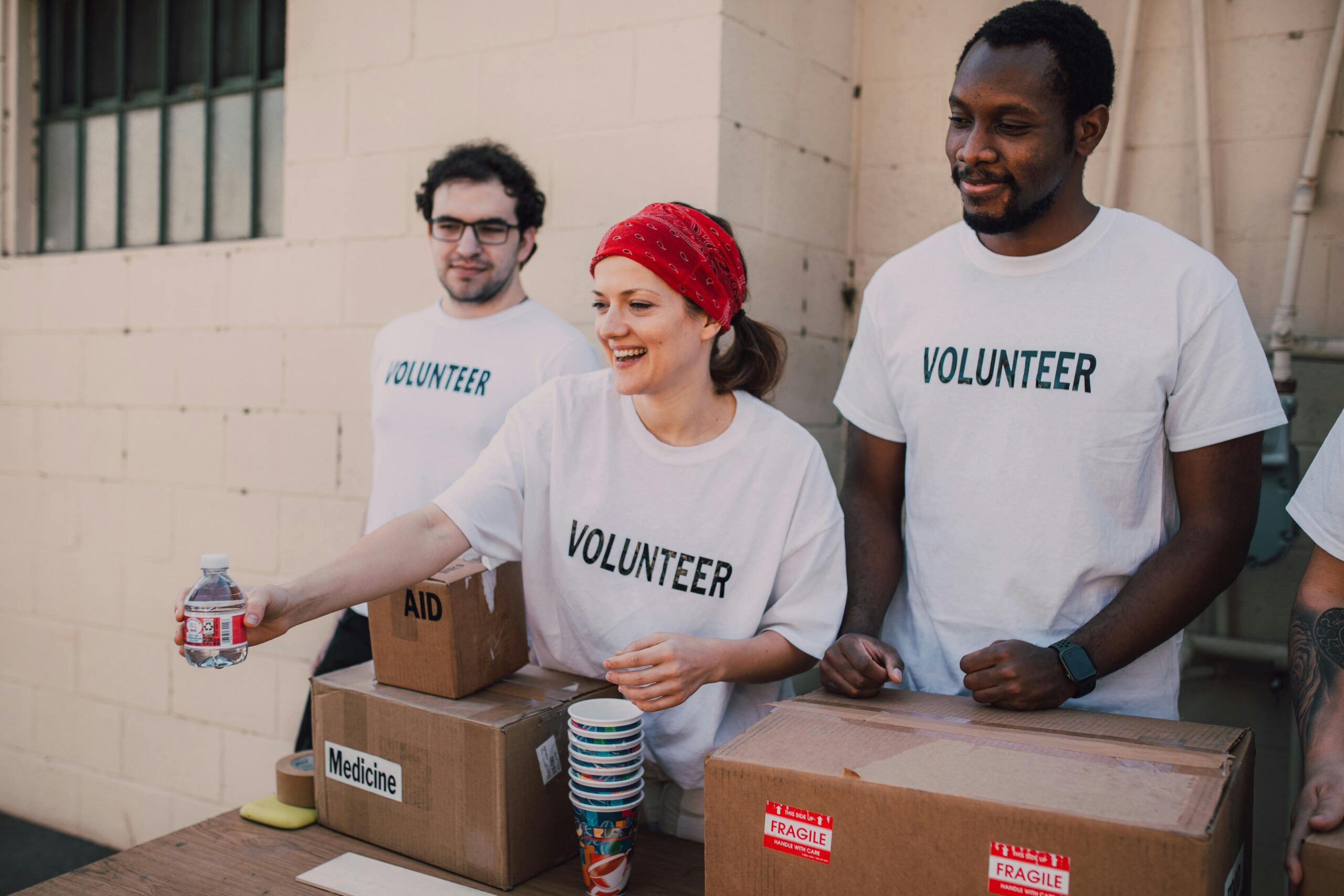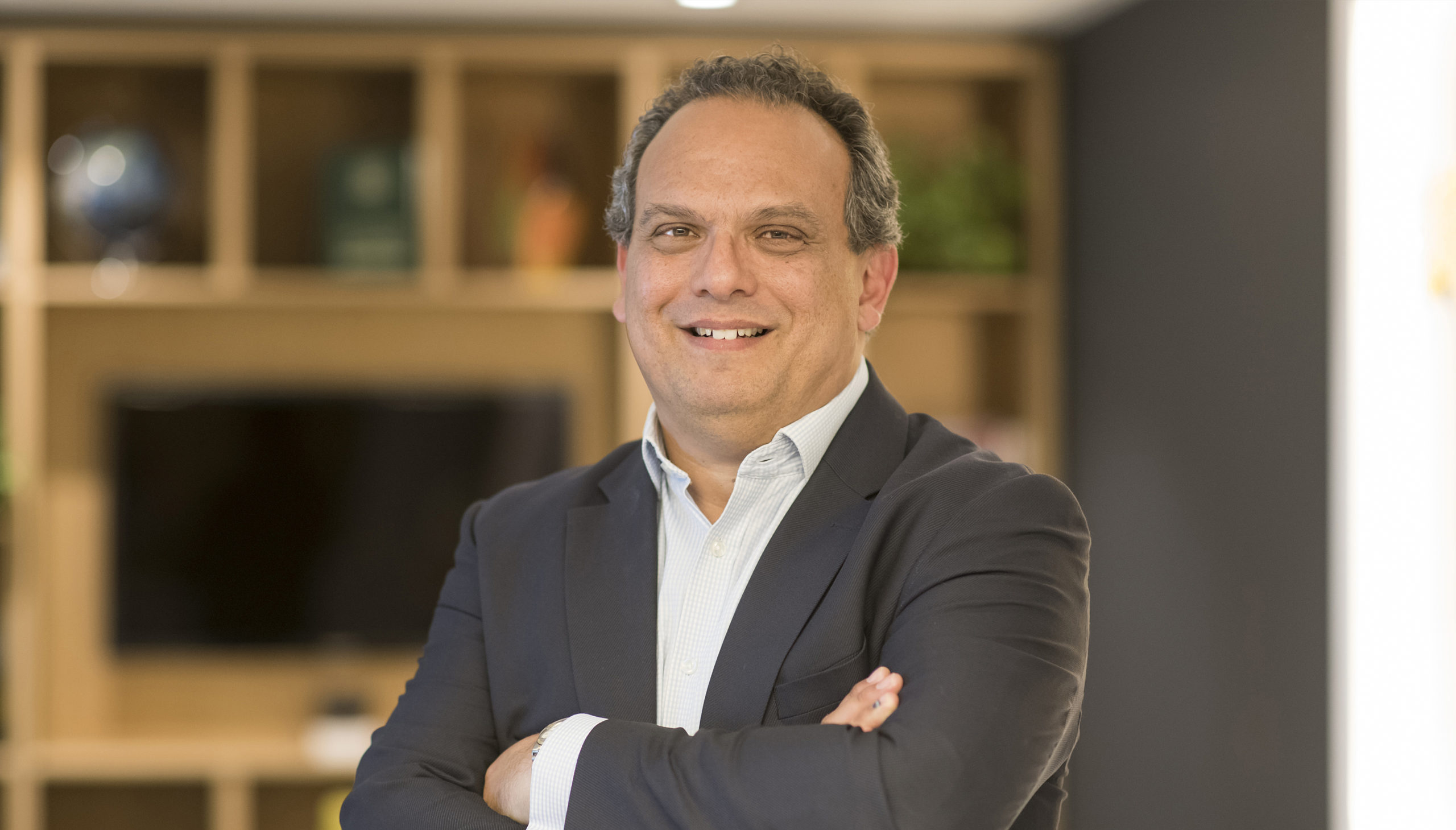A well-known fact is that men are less likely to reach out for help, and at times, it might take many months before they make the first step towards recovery.
Where is the root of the problem?
Boys don’t cry – we’ve all heard this, right? Expectations from society and the stereotypical male role model creates an image of a superhero, who is here to deliver for his family or colleagues, always be strong and resilient and remain solid during any storm. While these expectations are not necessarily bad, they often make it more difficult for men to reach out for help.
An interesting fact is that dads can experience postnatal depression too, and it is often undiagnosed. The peak of such depressions is three to six months after the birth, and the symptoms can look like the expected stress of having a baby.
A special category of men is at an even higher risk: those in leadership positions, business owners and entrepreneurs.
Without a doubt, the past year or so was challenging and transformational to many, and business leaders had to embrace uncertainty and remained composed no mater what the reality was. This didn’t come without a cost, and at times, the hidden cost of poor mental health.
Pride, fear of losing credibility and guilt are just a few of the reasons why leaders are not so open about their mental health. We can speak at length about the importance of being vulnerable at times, but this concept is still young locally.
Business leaders, backed up by good organisational culture, have the opportunity to be role models, and encourage other men to reach out for help instead of engaging in unhealthy coping strategies such as drinking, aggressive behaviour and even culminating in suicide. Sadly, nine out of 10 suicide-related deaths in Malta are men.
Five simple steps to follow if you want to help a colleague or a friend:
- Speak less, listen more – Remember that time when you needed to speak with someone about an issue that weighed heavy on your chest and the person flooded you with their story and experiences? You should do the opposite! Show concern, listen, ask how you can help and be there for them.
- Normalise – It is normal to have ups and downs in life. Going through a mental health problem can look like the end of the world, but it is something that is manageable, and you are not alone. Mental health problems are not a sign of a weakness, and there is help available.
- Suggest rest – We are used to living a high-speed life. Speed is one of the most addictive and dangerous phenomena of the 21st century. Slowing down will allow time for recovery.
- Learn – Learn what the other person is going through. There is plenty of good information available. Evidence shows that family, friends and colleagues that are more knowledgeable about mental health play a key role in the process of recovery. Education is the key!
- Suggest help – Check what is available, from Employee Assistance Programmes, family doctors, private practitioners, helplines and chats.
Dragan is an accredited Coach Practitioner with the European Mentoring & Coaching Council (EMCC) and can be reached at dragan@carobconsult.com or by visiting www.carobconsult.com
Alison Micallef appointed CEO at Malta Development Bank
She steps into the new role effective immediately.
Impact beyond profit: CSR in Malta is a must in 2025
Nowadays, corporate social responsibility can no longer take a backseat in your business's vision.
Malta’s private equity sector urged to seize opportunities at high-level CEO seminar
Panellists highlighted Malta’s potential as a destination for private capital, citing its English-speaking workforce, regulatory accessibility, and strategic location.
Ronald Attard takes on expanded role as Managing Partner for Risk Management at EY Europe Central
He has built experience in management accounting, corporate finance, and mergers and acquisitions.









